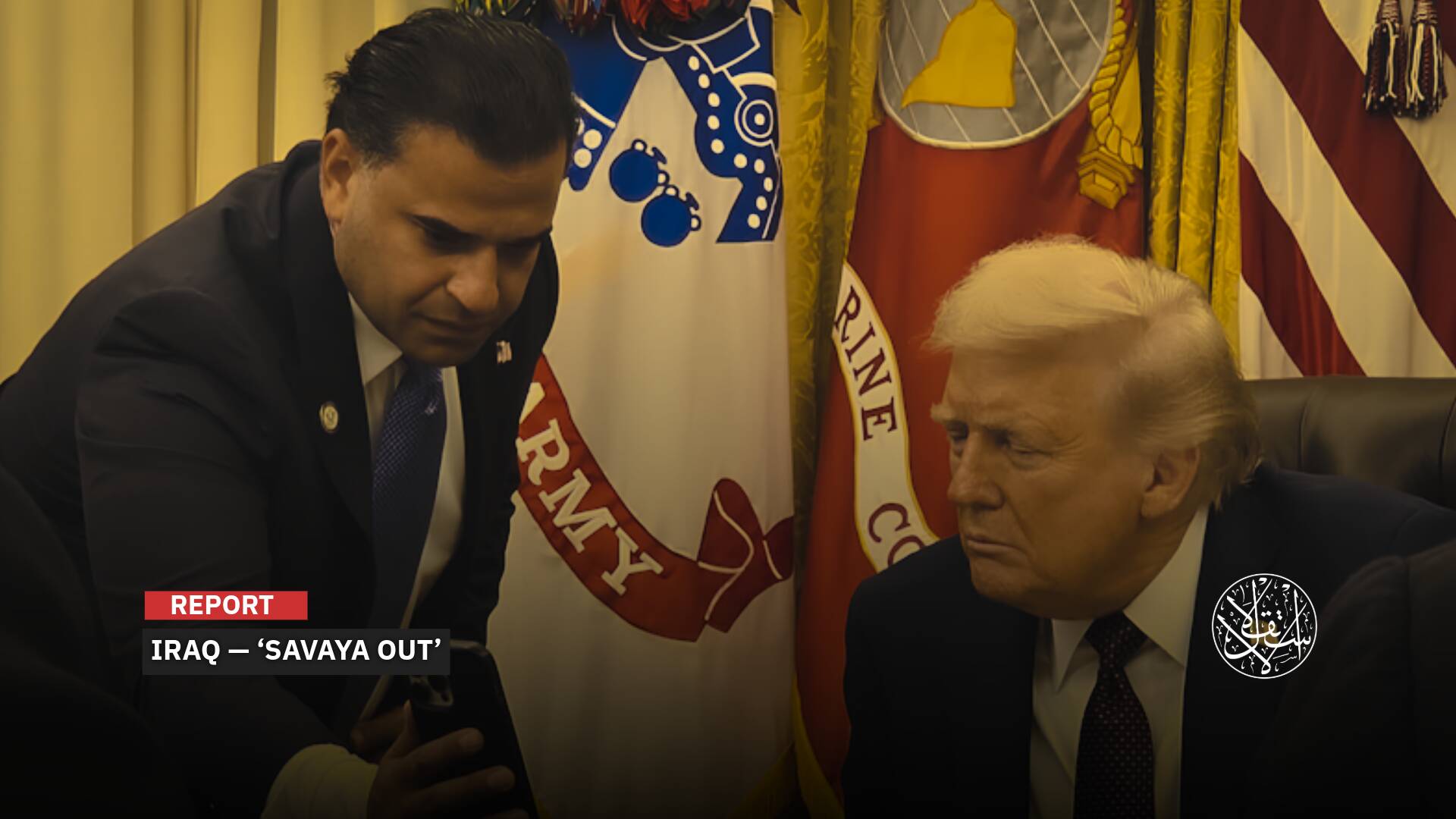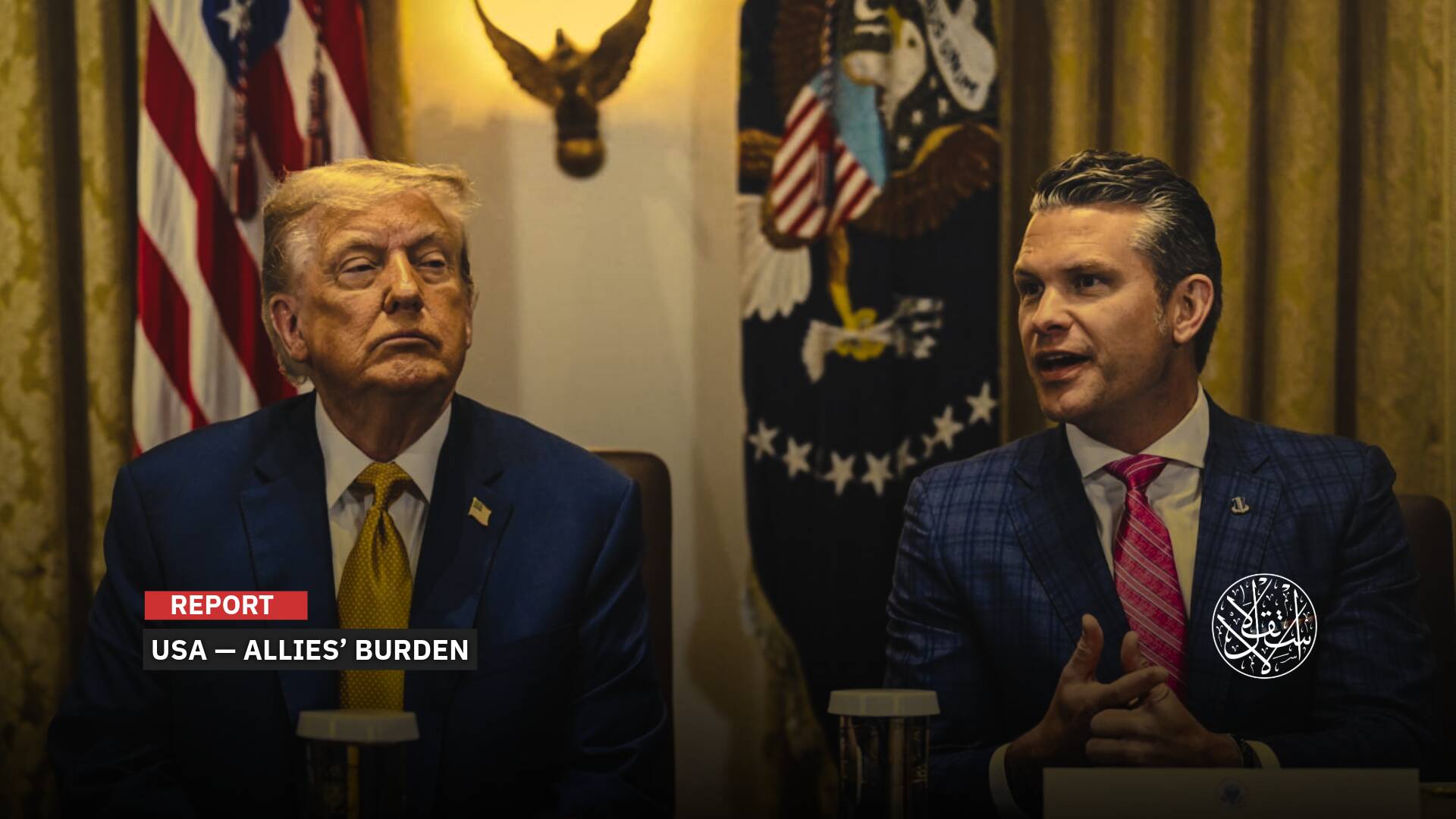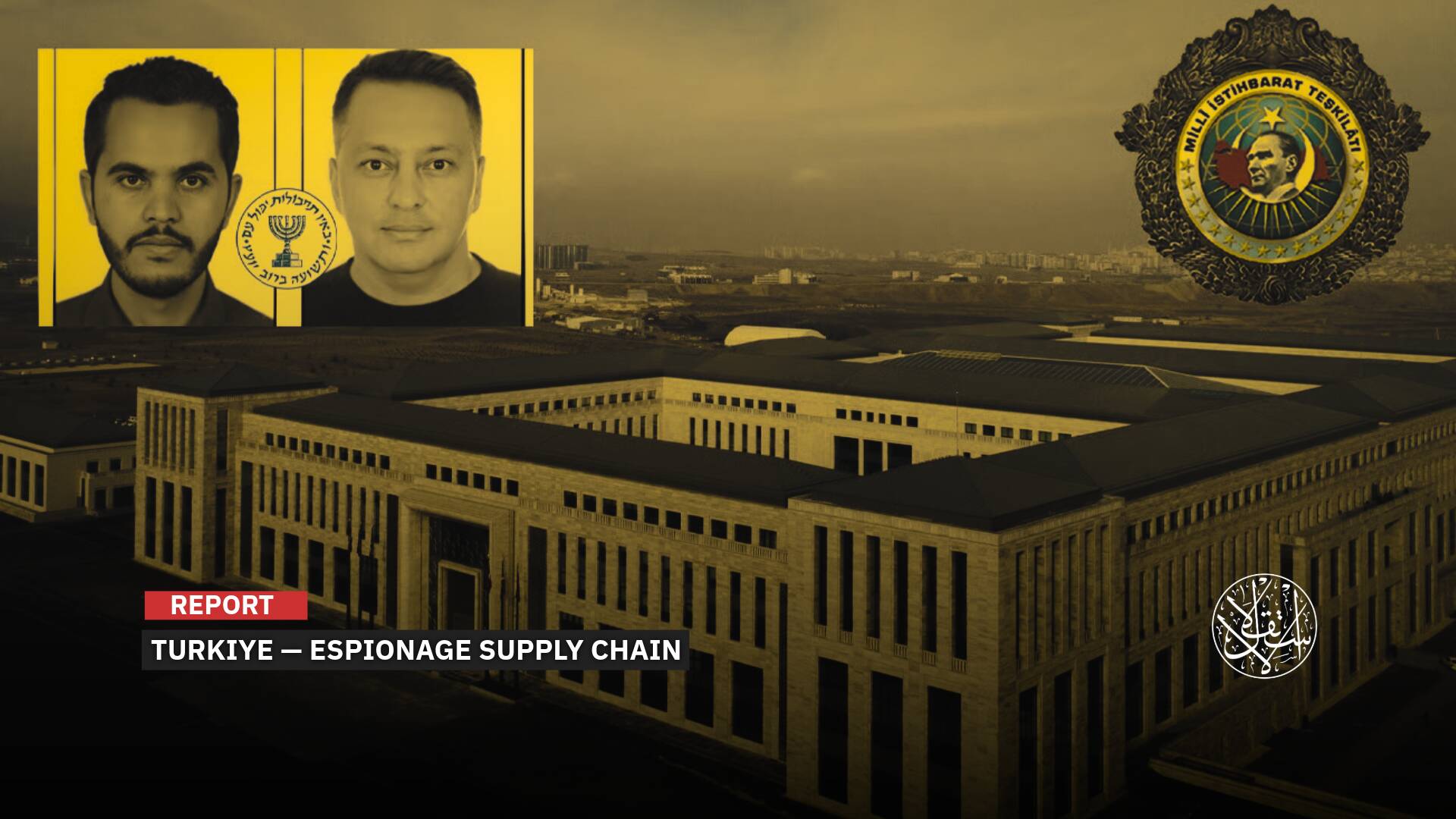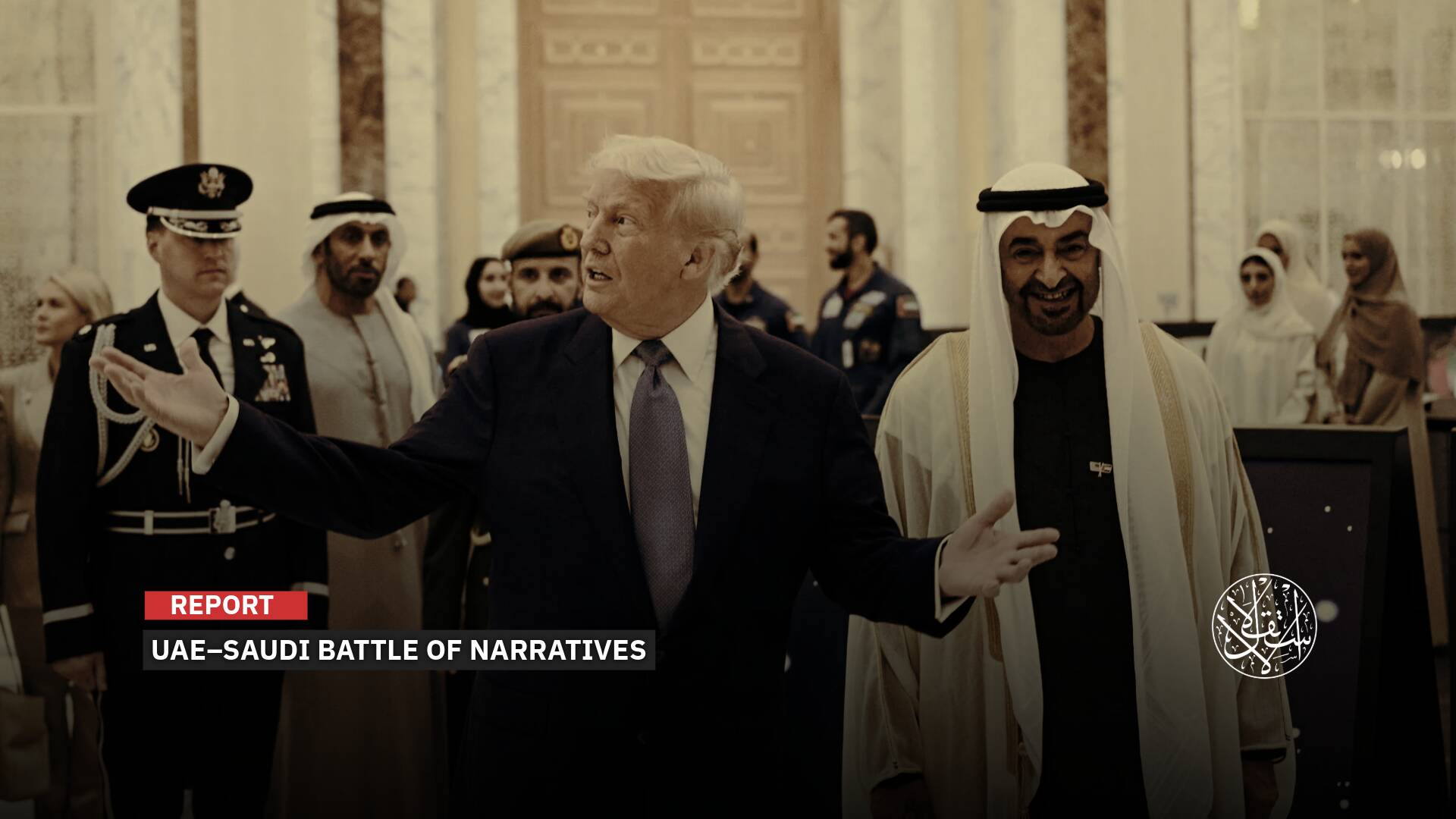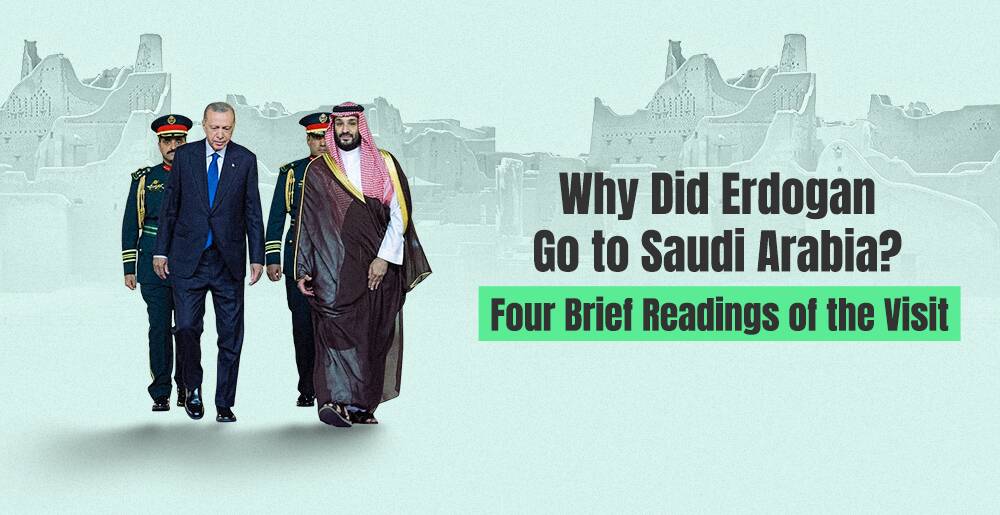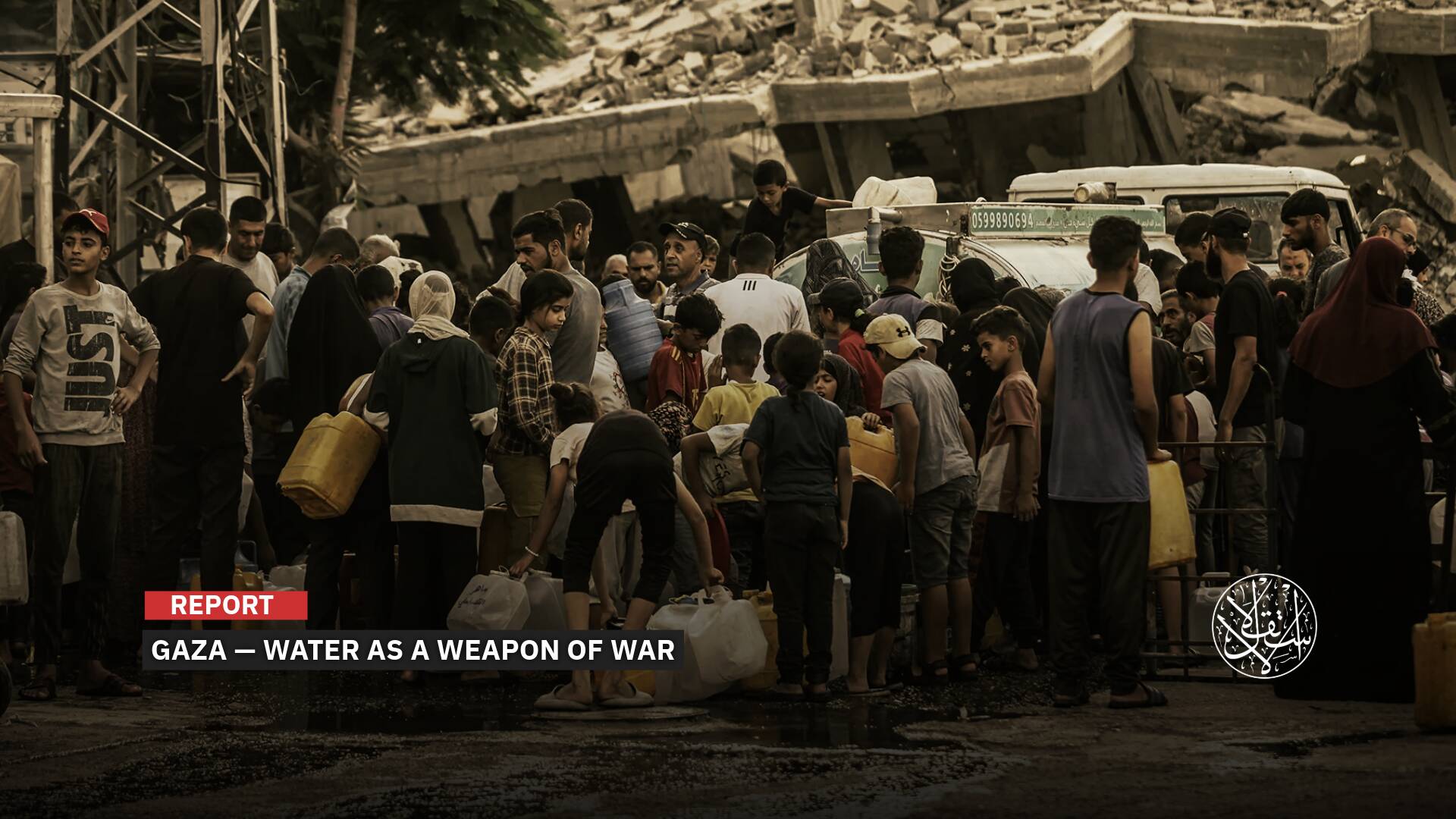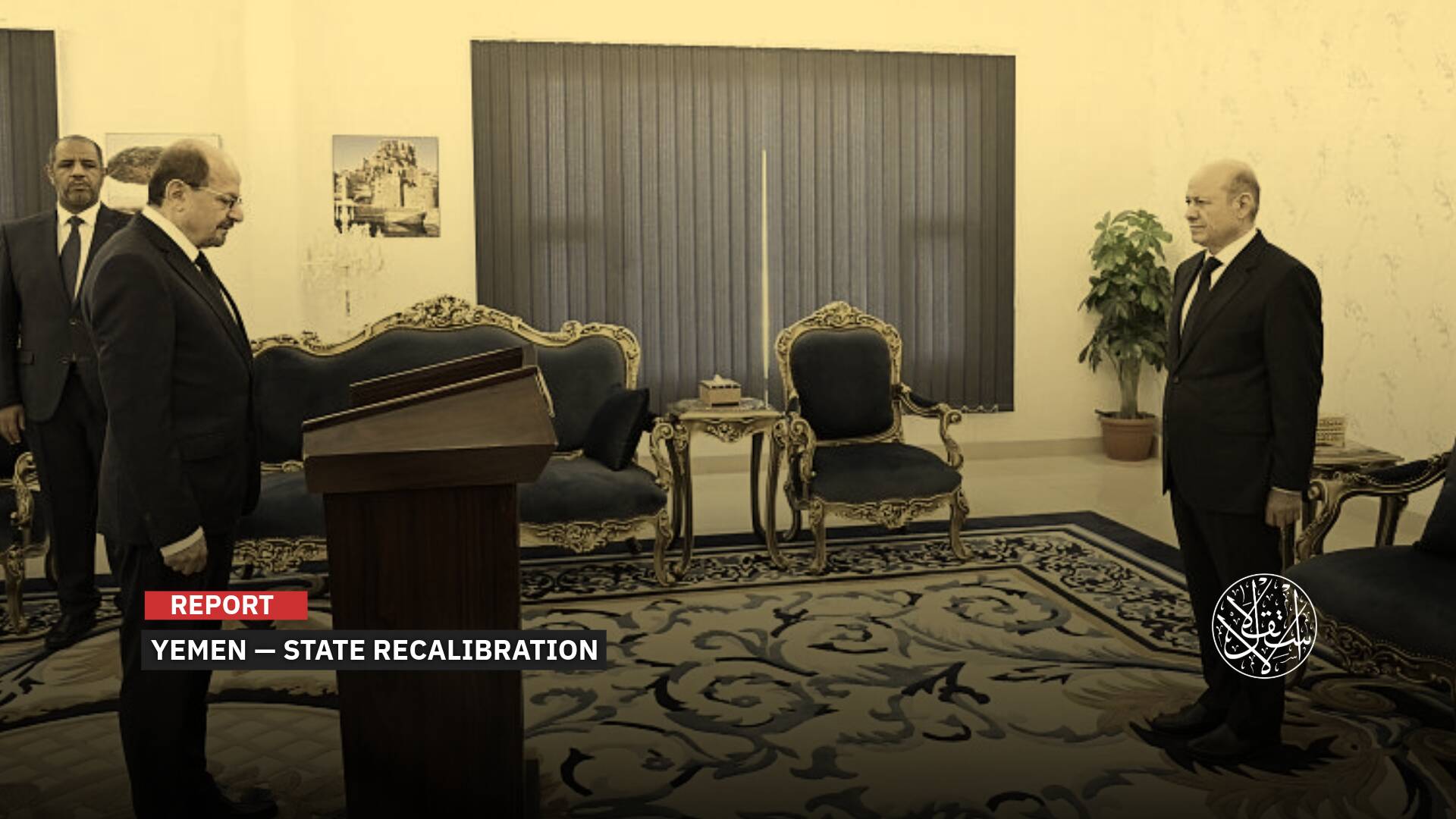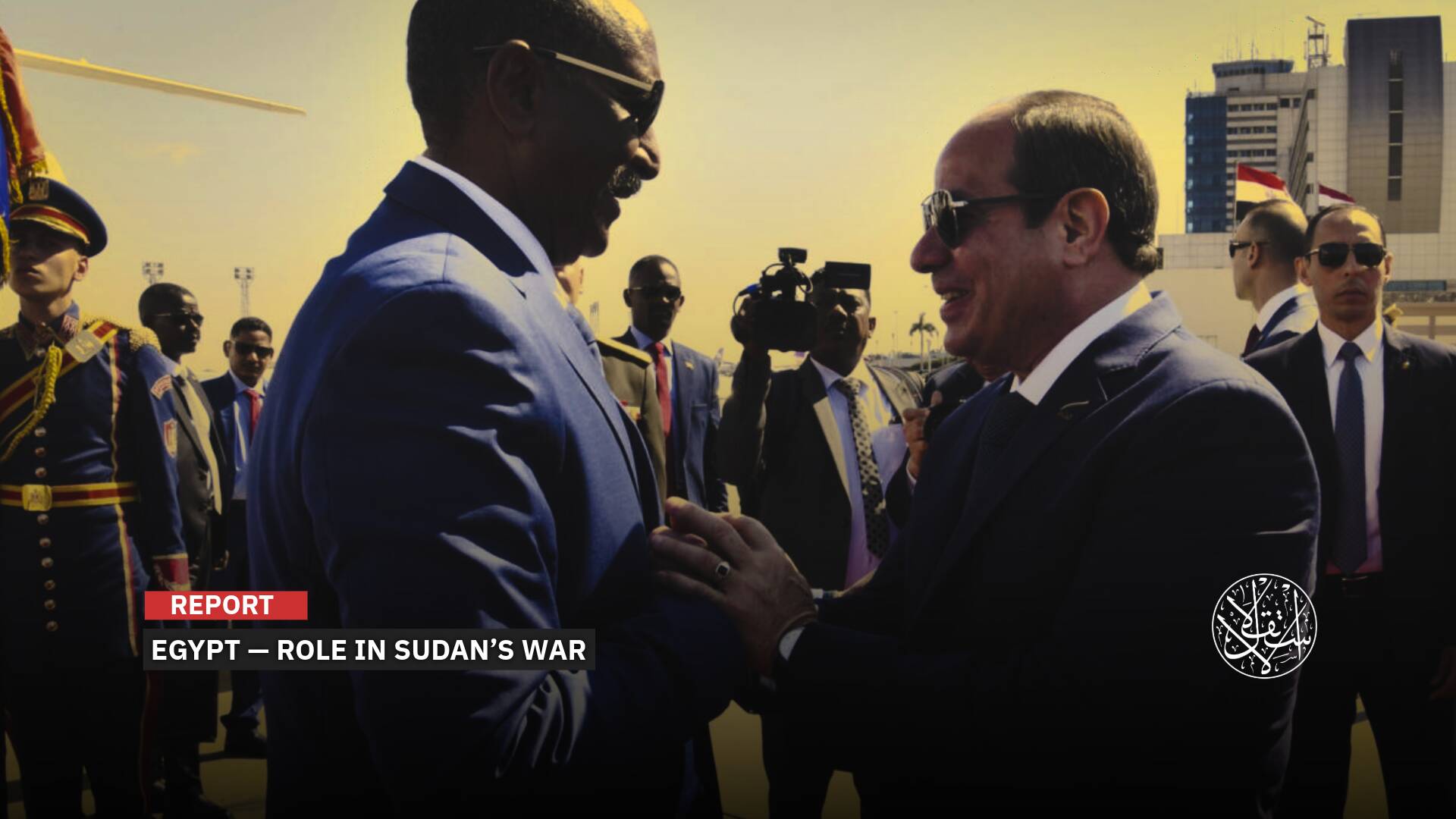Oil, Water, and the PKK: Complex Issues Discussed by Turkiye's Foreign Minister During His Visit to Iraq

Turkish Foreign Minister Hakan Fidan conducted a significant visit to Iraq from August 22 to 24, 2023. The visit included multiple meetings with high-level officials and politicians in both Baghdad and Erbil.
This visit held special significance as it marked the first visit by a Turkish minister to Iraq following the formation of the new government led by Mohammed Shia' al-Sudani. It also preceded an anticipated visit by President Recep Tayyip Erdogan to Baghdad.
Simultaneously, Ankara hosted talks between Turkish Minister of Energy and Natural Resources Alparslan Bayraktar and Iraqi Oil Minister Hayyan Abdul Ghani, discussing oil cooperation between the two nations.
These visits aim to address long-standing contentious issues between the two countries, involving water allocations, oil exports, and counterterrorism efforts against the designated terrorist organization, the Kurdistan Workers' Party (PKK), recognized as such by Turkiye, the United States, and the European Union.
Two Important Visits
During a joint press conference with Iraqi Foreign Minister Fuad Hussein, Fidan stated, "We must not allow the PKK, our common enemy, to poison our bilateral relations."
He added that safeguarding Iraq's territorial integrity, political unity, and sovereignty is a paramount foreign policy priority for Turkiye.
Regarding the water issue, the Turkish minister mentioned the problem of drought affecting Iraq from a purely humanitarian perspective. Without explicitly mentioning dams, he emphasized a reliance on a "sustainable dialogue mechanism" with Baghdad.
The issue of water and the construction of dams on the Tigris–Euphrates rivers, which originate in Turkiye before flowing into Iraq, is particularly sensitive between the neighboring countries.
Iraq has been experiencing a decline in the water levels of its rivers, and Turkiye has been accused on multiple occasions of reducing the flow of the rivers due to dams constructed at the source. Turkiye denies these allegations.
Iraqi Foreign Minister Hussein expressed his hope for the signing of joint agreements and memoranda of understanding between the two sides to pave the way for President Recep Tayyip Erdogan's anticipated visit to Baghdad.
Fidan also spoke during a joint press conference held in Erbil after meeting with the Prime Minister of the Kurdistan Regional Government, Masrour Barzani. He mentioned, "At present, PKK terrorism is hiding on Iraqi soil. We hope to collectively eliminate this virus from Iraq.
"We are pleased that both the governments of Baghdad and Erbil are determined to cleanse Iraqi territory of PKK terrorism."
During his visit to Iraq, President Abdul Latif Rashid received Fidan, who also met with Prime Minister Mohammed Shia' Al-Sudani.

Another significant meeting was his encounter with Falih al-Fayyadh, the head of the Popular Mobilization Forces.
While Turkiye has pursued a negative policy towards the Popular Mobilization Forces for years, it seems that this approach has now changed. This meeting could potentially lay the groundwork for positive developments in the region.
Regarding the visit of the Iraqi Oil Minister to Ankara, the latter stated that Hayaan Abdul Ghani discussed bilateral relations in the oil and energy sector during a meeting in Ankara with Turkish Energy Minister Alparslan Bayraktar.
The Iraqi and Turkish ministers confirmed the importance of resuming oil flows after the completion of pipeline rehabilitation, as reported by the Iraqi News Agency in a statement.
An official from the Iraqi minister's office earlier informed Reuters that Abdul Ghani arrived in the Turkish capital to discuss various topics, including the resumption of oil exports through the Turkish port of Ceyhan.
Turkiye suspended oil flows on March 25, 2023, following an order from an arbitration body affiliated with the International Chamber of Commerce in Ankara to pay approximately $1.5 billion in compensation to Baghdad for unauthorized exports that occurred between 2014 and 2018 from the Iraqi Kurdistan Region.
An official from the Iraqi Oil Ministry familiar with northern oil export operations told Reuters that the Turkish Ministry of Energy informed the state-owned Iraqi State Organization for Marketing of Oil (SOMO) that it needed more time to assess the technical feasibility of restarting pumping through the pipeline.
The source added that the Turkish Ministry of Energy needs more time to inspect and evaluate the pipeline and crude oil tanks at Ceyhan to ensure they were not damaged due to the earthquake that struck Turkiye.
Complex Relationships
In addition to their regional alliance, Turkiye and Iraq are two nations that share common values. Terrorism and societal connections present shared challenges between the two sides.
The presence of the Iraqi Kurdistan Region in the area causes Turkish-Iraqi relations to fluctuate based on varying circumstances.
The independence referendum by the Kurdistan Regional Government in 2017 led to Iraq and Turkiye uniting and adopting joint positions. Initially, both nations opposed the referendum.
Turkiye, Iraq, and Iran signed the Treaty of Saadabad in 1937, later joined by Afghanistan, to protect the region from colonial threats.
The signatory states committed to act collectively by not harming each other's interests and protecting each other's interests.
In the economic realm, the bilateral trade volume between Turkiye and Iraq reached $19.5 billion in 2021. Additionally, Iraq was Turkiye's fifth-largest export market ($11.133 billion) in the same year.
Export figures exceeded $12 billion in the first 11 months of 2022, while bilateral trade reached $22.3 billion during the same period.
On another note, Turkiye conducts operations against the Kurdistan Workers' Party (PKK) within Iraq, sometimes putting the two countries in direct conflict.
While Iraq opposes interventions on its soil, Turkiye argues that such interventions are justified.
Iraqi Prime Minister Mohammed Shia' al-Sudani visited Ankara on March 21, 2023, and was received by President Recep Tayyip Erdogan at the presidential complex.
At that time, President Erdogan stated, "We have tasked our ministers who will carry out the implementation of the developmental road project extending from Basra to Turkiye."
To emphasize the significance of the developmental road project, it will connect Turkiye to the Grand Faw Port in the Arabian Gulf through a railway and a 1,200-kilometer highway.
The project, known as the New Silk Road, will have an impact spanning from Europe to Gulf countries and will bring about mutual benefits. In addition to these aspects, water issues stand out as one of the most important matters between the two nations.
Mutual Understanding
Commenting on these developments, Bilgay Duman, the Coordinator of Iraq Studies at the ORSAM Center, told Al-Estiklal that Fidan's visit to Iraq addressed crucial issues.
He noted that it marks Turkiye's first ministerial visit during the current Iraqi government led by Mohammed Shia' al-Sudani.
Duman pointed out that Fidan is not unfamiliar with Iraq; he is well-acquainted with the region and can achieve results in the matters he is overseeing.
Duman emphasized the importance of the terrorist organization PKK and Turkiye's expectation for Iraq to adopt a more active and effective strategy against this organization. Turkiye also wants Iraq to classify the PKK as a terrorist organization.
He highlighted the steps that have already been taken, such as the Iraqi army's control of the Makhmour camp and the situation in Sinjar under the Sudanese government, in addition to securing the border between Turkiye and Iraq.
Professor Abdulghani Bozkurt, a faculty member at Recep Tayyip Erdogan University, stated: "Fidan's visit can be interpreted by shedding light on some important issues, primarily the security matter."
He added to Al-Estiklal, "We see that Turkiye has not received the support it expected from regional countries in its fight against the Kurdistan Workers' Party.
"Among Turkiye's expectations is for Iraq to declare the Kurdistan Workers' Party a terrorist organization and to pursue policies that consider Turkiye's sensitivities in this regard."
Bozkurt continued, "The water issue has also been an important topic between the two nations for a long time.
"This issue seems to be taking the forefront as a factor that could enhance cooperation between the two countries."
Bozkurt indicated that the third issue, according to him, revolves around border security, noting that irregular migration is increasing. Therefore, Turkiye expects to better control border security.
Likewise, the oil issue is among the significant matters between the two countries. It is anticipated that this meeting will impact trade and security between the two nations, added the Turkish analyst.
Bozkurt stated that the ongoing developments in the relationship between the two sides may be part of a series of visits that will eventually culminate in President Erdogan's visit.
He pointed out that both countries are facing instability; Turkiye is currently experiencing economic instability, while Iraq grapples with political instability.
He clarified that politics and economics should not be dealt with separately, and he affirmed that Turkiye and Iraq can contribute in one way or another to resolving these problems for each other.

Bozkurt noted that Iraq has what it can offer to Turkiye in the fields of energy and security, and if both countries support each other, their bilateral relations can continue to progress.
He emphasized that the stance of the central Iraqi government towards the corridor of the Kurdistan Workers' Party, planned to be established in northern Iraq and Syria, will be decisive in bilateral relations.
Bozkurt concluded his statements by saying: "Through cooperation, not competition, the interests of both countries can align."


